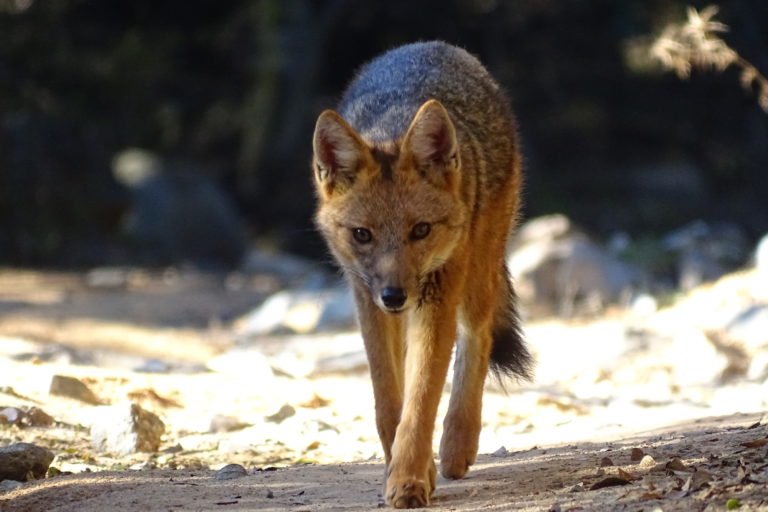An assessment of food fraud covering four sectors in several countries has been published by the Nordic Council of Ministers.
In 2018, a project was funded to examine the threats from criminal activity in the Nordic food production chain. Participating countries were Norway, Denmark, Iceland, and Sweden. Key topics were raw materials of animal origin, fish and seafood, declaration of Nordic origin, and of organic production.
In 2019, Denmark, Norway, and Sweden carried out national threat assessments. In Denmark, there has been a dedicated unit to manage suspected food fraud for years. In Sweden, the National Food Agency (Livsmedelsverket) has been working on an assessment at the central government level. Norway has few dedicated resources but has more inspectors partly specialized in the management of food fraud cases. Iceland has a relatively small market and few government resources.
An overall assessment of the threat uses reputation, financial loss, food safety, and consumer confidence on a scale of very low to very high.
Meat and seafood examples
Several different types of meat fraud have been discovered in Norway, including unlawful importation, theft, re-labeling of products, camouflaging poor quality and black market sales, and unlawful production. The food safety risk of meat fraud was judged to be moderate to high.
Denmark found home slaughter decreased considerably after a mobile unit focused on detection, destruction, recall, publication, and fines for participants. Sweden and Norway are particularly vulnerable to vehicle and ferry traffic from Eastern European and Baltic countries.
Two case studies were presented. One was an illegal abattoir found after tips from the public about sales of home-slaughtered pork before Christmas. Another involved meat sales at a car dealership. Empty packaging of chicken fillets from Brazil, beef from the Netherlands and Ireland, and lamb from New Zealand were found. Four freezers were hidden behind stacks of car tires, plastic tarpaulins, and car mats. A total of 230 kilograms of meat was seized.
For fish and seafood, the most common forms of fraud are species substitution, labeling related to geographical origin, undeclared additives, illegal additives to increase weight, forgery of documents, and the use of fake businesses and identities. The food safety risk was estimated as low to moderate.
There have been instances in Norway of online fraud. Websites claim to be Norwegian seafood producers and offer goods at favorable prices. They provide documentation that includes copied websites from real producers and stolen identities of people working in Norwegian seafood production, as well as falsified health certificates and customs documents. They request partial payment in advance before goods are shipped, the seller then vanishes and no goods are supplied.
Another case involved a company producing forged analysis certificates showing salmon were clear of Listeria when this was not the case. Authorization numbers assigned to a different company were used. The case led to the business going bankrupt. There have also been several cases relating to tuna in the EU. Tuna is colored red using additives such as nitrites, antioxidants, and carbon monoxide to make it appear fresh. If fish is stored at incorrect temperatures for too long it could pose a risk of histamine poisoning.
Product origin and organic authenticity
Fraud related to the origin of food is another area. Products labeled as coming from a Nordic nation are normally considered to have special characteristics. The motive may be a discrepancy between supply and demand or higher profits.
One company in Sweden sold foreign meat as Swedish and had inadequate Salmonella guarantees. An anonymous tip led to a firm in Denmark being fined for selling Brazilian beef as Danish. Another incident involved Canadian prawns sold as coming from Iceland. However, the case was dismissed due to procedural errors.
Nordic food authorities consider it easy to carry out fraud relating to organic foodstuffs. Just as with origin labeling, the tools needed are easy to obtain. Counterfeiting of traceability documents and certificates from supervisory bodies can be easy and the supply chain is complex. The large price difference between conventional and organic food may encourage fraud.
Swedish authorities discovered that one company had supplied organic fruit baskets containing conventional fruit to a number of large customers, including government agencies. It also had several branches that were not registered as food companies. The company was banned from selling organic food and was fined.
(To sign up for a free subscription to Food Safety News, click here.)











